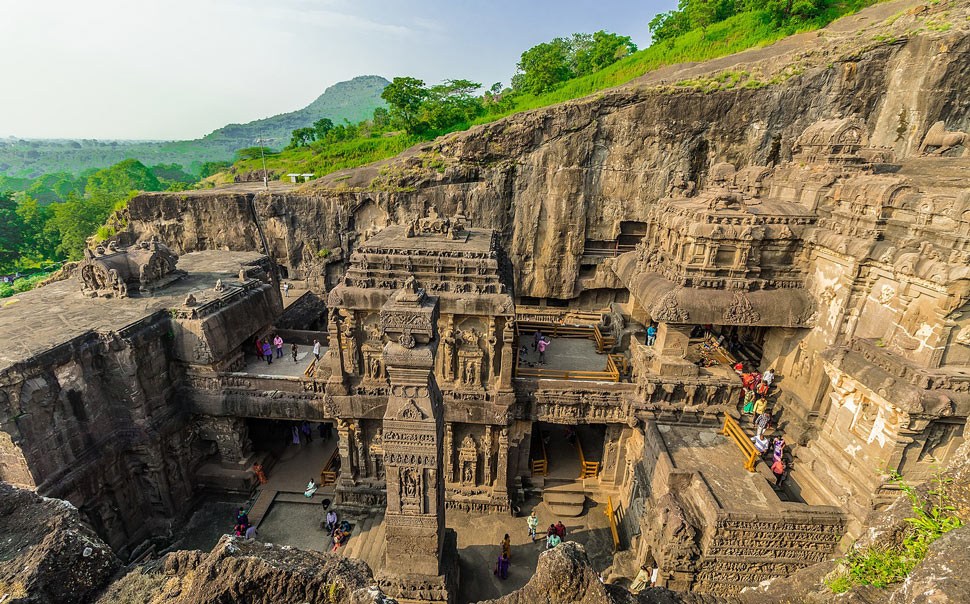The Union Cabinet, chaired by Prime Minister Narendra Modi, has conferred the prestigious title of ‘Classical Language’ to five languages on October 3, 2024.

Marathi, Pali, Prakrit, Assamese, and Bengali have joined India’s illustrious list of classical languages, marking a significant expansion from the previous count of six to eleven.
The criteria for classical status, revised over the years, demand a language to boast of high antiquity, a body of ancient texts, and a distinct literary heritage, often with a discontinuity from its modern forms.
The approval recognizes the antiquity and literary tradition of these languages and bolsters India’s commitment to preserving and promoting its diverse cultural roots.
The importance of classical status
The recognition of these languages as classical is more than merely symbolic. It opens avenues for academic research, cultural preservation, and educational initiatives. The University Grants Commission, for instance, is now encouraged to establish professional chairs dedicated to these languages in central universities, fostering deeper study and appreciation of their literature and culture.
Marathi – A language of resilience
Marathi, spoken predominantly in Maharashtra, has texts dating back over a millennium, with significant contributions from saints and scholars like Sant Dnyaneshwar and Sant Tukaram. Its recognition as a classical language celebrates its enduring influence on Indian literature and philosophy.
The Ancient Trio – Pali, Prakrit, and Assamese
Pali, known for being the language of early Buddhist texts, and Prakrit, with its rich corpus in Jain literature, represent the linguistic diversity of ancient India.
Assamese, with its roots deeply embedded in the Vaishnavite movement initiated by Srimanta Shankardeva in the 15th century, now stands recognized for its contributions to India’s literary landscape.
Bengali – A cultural beacon
Bengali, spoken by millions in India and Bangladesh, earns its classical status at a particularly auspicious time during the Durga Puja festivities.
The recognition honors its profound influence on literature, music, and art, particularly through figures like Rabindranath Tagore, who reshaped Bengali into a modern literary language.